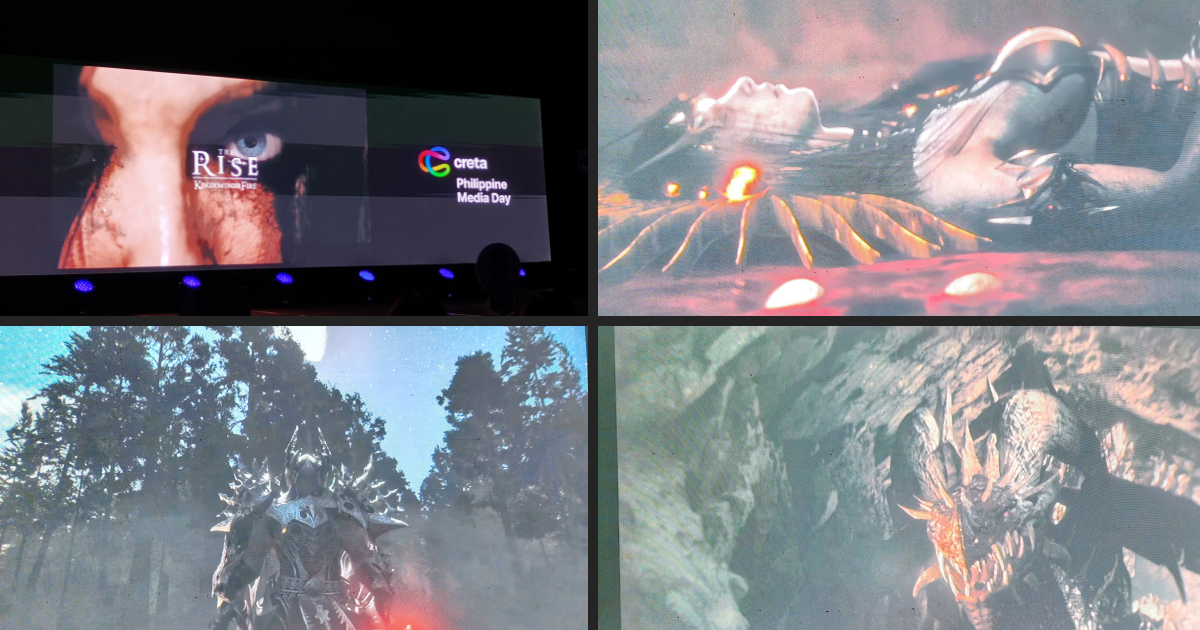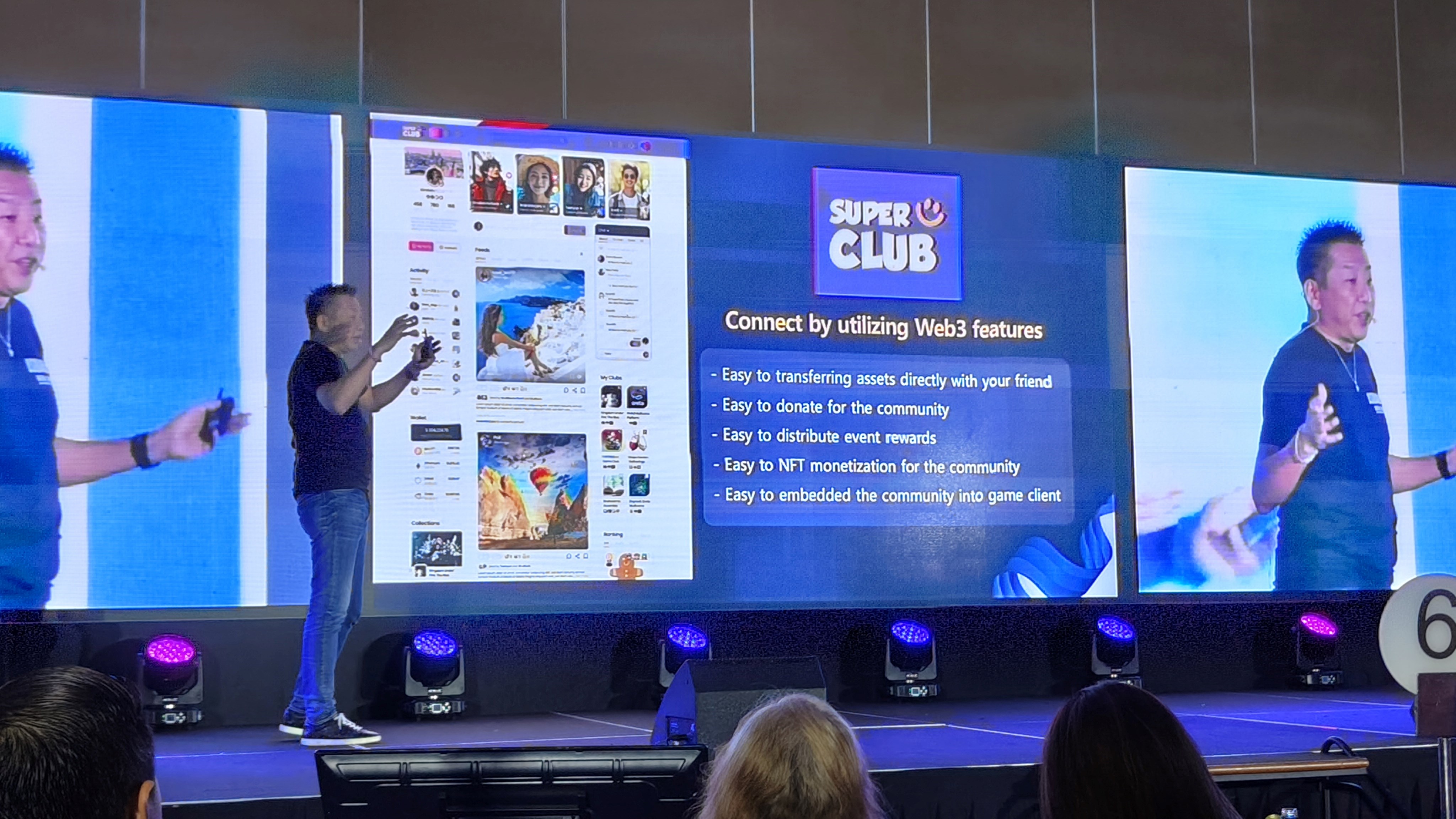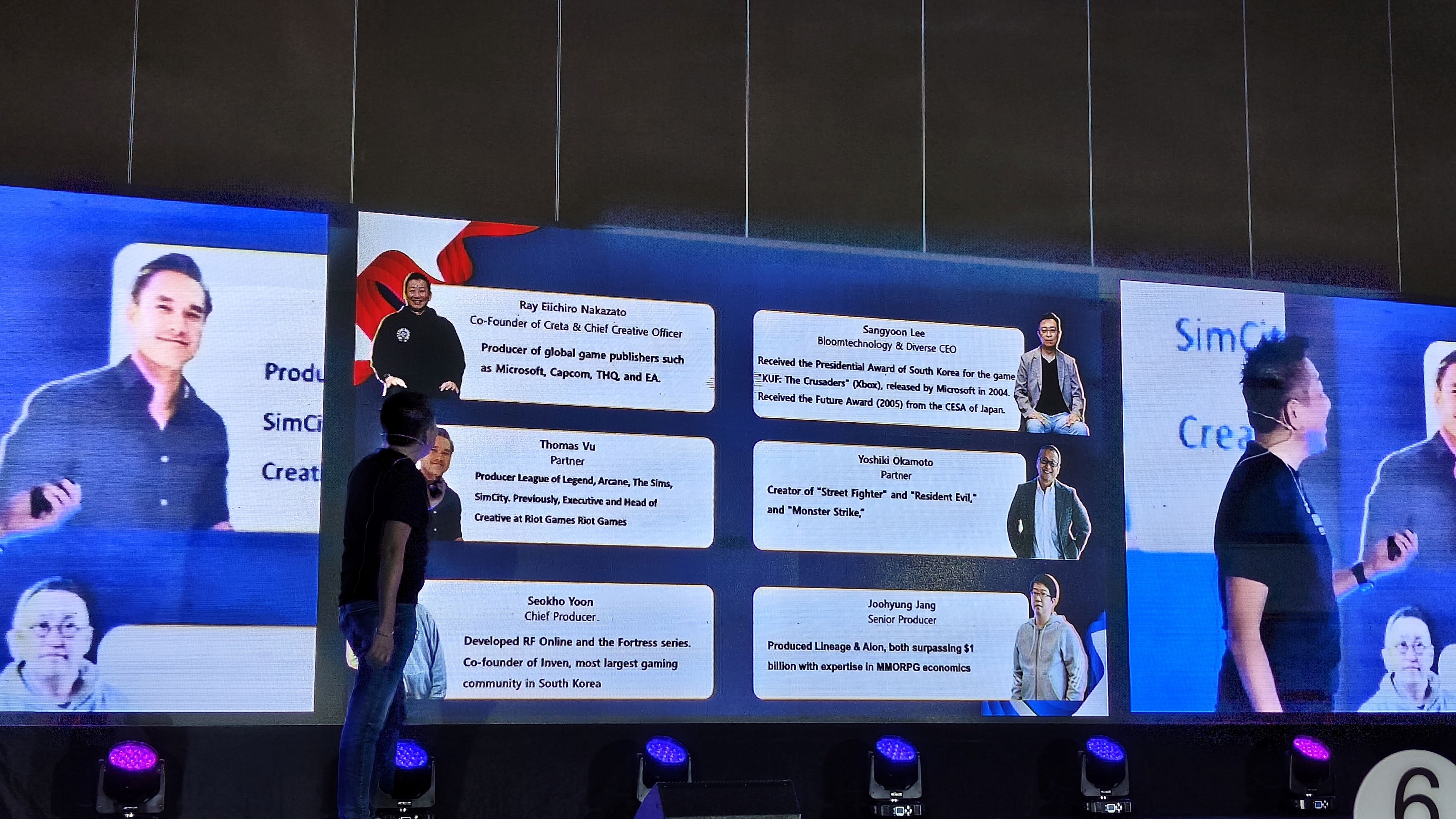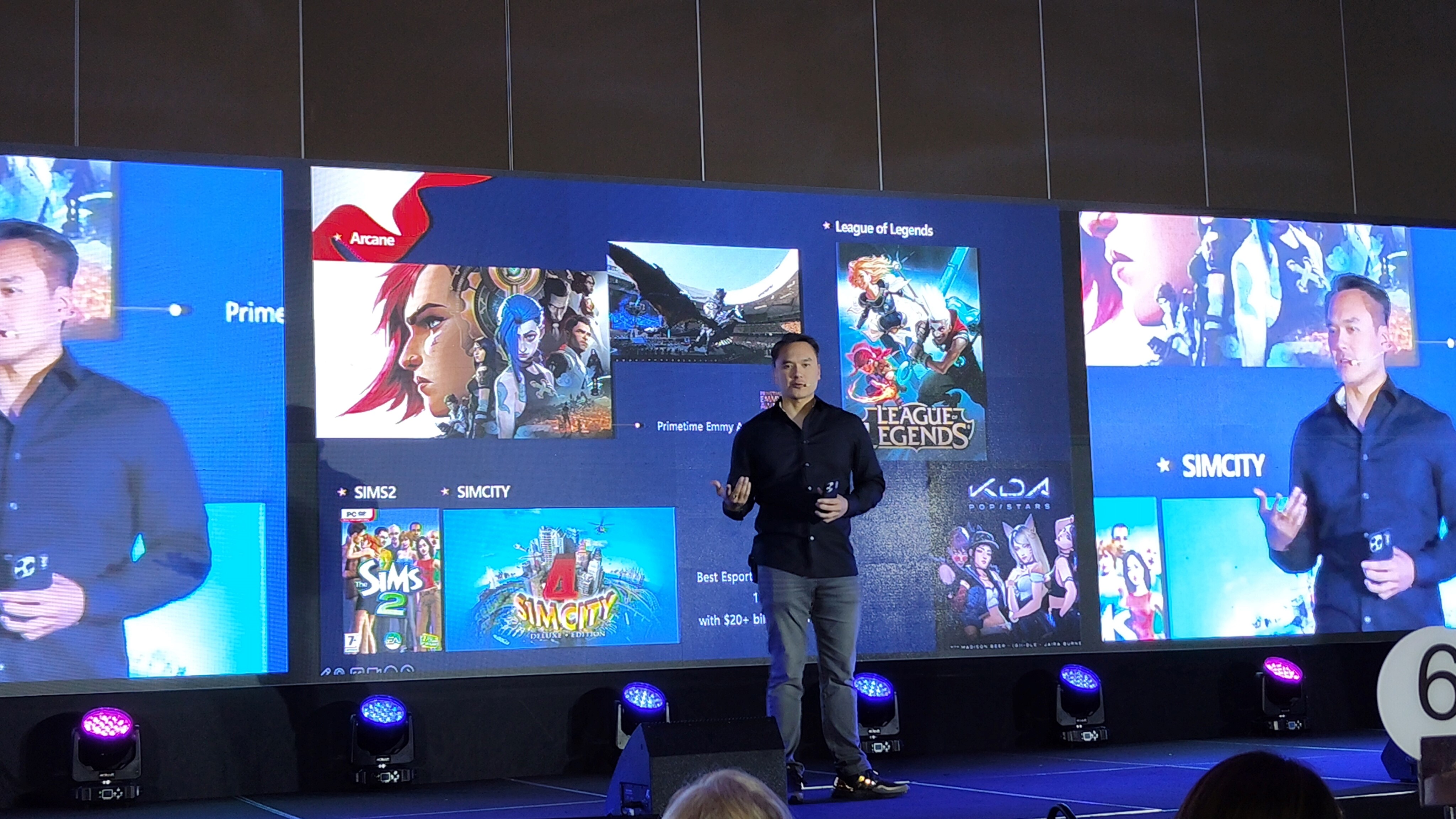League of Legends creator on beta-testing Creta first in the Philippines: ‘A fitting moment’
The year was 1981. Three-year-old Thomas Vu and his family had to flee Vietnam because of the war. His memories were rough, but he does recall staying in the Philippines before migrating to the US.
“The goal was to get to the Philippines and then the United States. I would always say my life is icing on the cake because I could either be dead in the ocean or in Vietnam,” Vu told PhilSTAR L!fe, saying that 70 percent of people who took that trip died. He said he was fortunate his father and his pregnant mother took him because most of the children were left behind.
“We ended up going on a boat then we crashlanded in Thailand. So I lived in Thailand for a year. My sister was born in Thailand. And then we went to the Philippines afterwards, stayed there, and then went to the United States.”
Back to the Philippines
Fast forward to 2024. More than four decades later, Vu, now a big name in gaming and animation, finds himself back in the country that was once his temporary home. Vu was the lead producer of Riot Games’ hit team-based PC game League of Legends (LOL). As its co-head of franchise development then, he also held the executive producer role of Arcane, the award-winning animated series on Netflix, based on LOL’s female characters Vi and Jinx.
“I really believe that time in our life is like a spiral and sometimes you see ideas and things that happened before. You know, when we launched League of Legends in Vietnam, we launched out of my hometown, which was like a small resort town back when I left,” he said.
Vu said that his experience in life going to the Philippines is a fitting moment to launch Creta here in the country.

Jerald Uy
Creta: Next-generation gaming platform
Vu has returned to spearhead the launch of Creta in the Philippines. Creta is a groundbreaking Web3 gaming and entertainment platform that has chosen the country for its closed beta testing. It promises to revolutionize gaming by offering a next-generation experience, where both independent developers and established studios can create and share their games.
As a Creta partner, Vu leads its gaming incubation projects. His experience in producing Arcane and attending an amalgam of game (augmented reality) AR juxtaposed with live performers in a concert have also informed him with new ways of integrating entertainment on the Web3-based platform.
Ultimately, Creta boasts of the Locus Chain, a blockchain technology that gets rid of the use of servers in gaming, minimizing its operational costs. “This is only possible because Locus Chain is super fast, super scalable, super secure,” said Ray Nakazato, Creta's chief creative officer.

Jerald Uy
Currently, the games available on the platform are the massively multiplayer online role-playing game (MMORPG) Rise: Kingdom Under Fire, the artillery game Fortress World, and the shooting game Dayroot. In development for Creta is the anime-style game Tokyo Wars.
Apart from the games, it will have its own social network Super Club; its version of the crowdfunding site Kickstarter—Creta Nexus; Creta Studio for game developers; and Creta Multiverse that features various ecosystems to support indie and pro game developers that range from anime (Dawnglow), fantasy (Nightlore) to sci-fi (Dayroot),
A business model focused on gaming experience
Creta is listing its currency $CRETA at the local cryptocurrency exchange Coins.ph on July 8. This will be added later on at the Philippine Digital Asset Exchange (PDAX).
Creta follows the same free-to-play business model similar to many mobile games and web games you might know. “You can play for free but you can also purchase items within the game. The difference is our items are NFTs (non-fungible tokens). So you can trade your characters, your items, your swords freely with your friends or anyone basically,” Nakazato told L!fe.
He also stressed that he does not like the term “gamify”. “ ‘Fy’ is finance, right? Creta is not an investment platform; it’s a gaming platform,” he explained. “We’re selling the gaming experience. Users will have to pay for the gaming experience, right?”
Asked if they will add ads, Vu responded: “I think many games that are free-to-play don’t have advertisements so we’ll start with games that people wanna play.”

Jerald Uy
Closed beta-testing in the Philippines
Filipino gamers get the first play on Creta’s closed beta-testing, which will inform the company of the improvements needed before the metaverse platform goes live. “Because it’s a beta service, there will be some bugs so we will get feedback from Filipino gamers, then we will make improvements,” Nakazato said.
“Then depending how things go, that determines the release timing. So it’s really hard to say. Beta testing can take one year. Beta testing can also take six months.”
Vu explained why Creta picked the Philippines as its launchpad before any territory in the globe. “They’re highly-educated, young people who love games, and they speak English better compared to other Southeast Asian countries, and they’re very open to new technologies.”
“And we’ve heard 50 percent of all Filipinos have (digital) wallets so I think (the Philippines) is among the top five countries in blockchain adoption and understands the technology,” he added.
Vu said Creta believes there is an opportunity not only to launch the Web3-based platform but also to build alongside the community.
Nakazato chimed in and mentioned that the US, Japan, South Korea, Europe, and China are mature markets in Web2 gaming. “They’re too mature that there are so many successful companies with Web2 games. They don’t wanna change and be open to new ideas because they’re happy with the existing market.” He said emerging markets like Southeast Asia are more “tolerant to new business models, new entertainment.”
Advice to young people: ‘Find your birthright’

Jerald Uy
While Creta is Dubai-based, it hopes aspiring Filipino game developers also take advantage of their gaming tools to develop their own games.
Vu shared that people, despite what they are told to do, should find their birthright, most "likely found in one’s heart, not in the head."
“Imagine like a bird. They are meant to fly—that’s their birthright. But most people are like birds that are trying to swim. In swimming, they might be successful but they will struggle and suffer. They will never be fulfilled. Birds fly naturally,” he said. “So the world is full of birds trying to swim and fish trying to fly.”
The LOL producer said that young people should expect to be told to do many things. “When I was a kid, they told me I should go be a doctor. That’s why I studied bioengineering and neuroscience. But I’m meant to be a game developer,” he shared.
And look where he is now.


